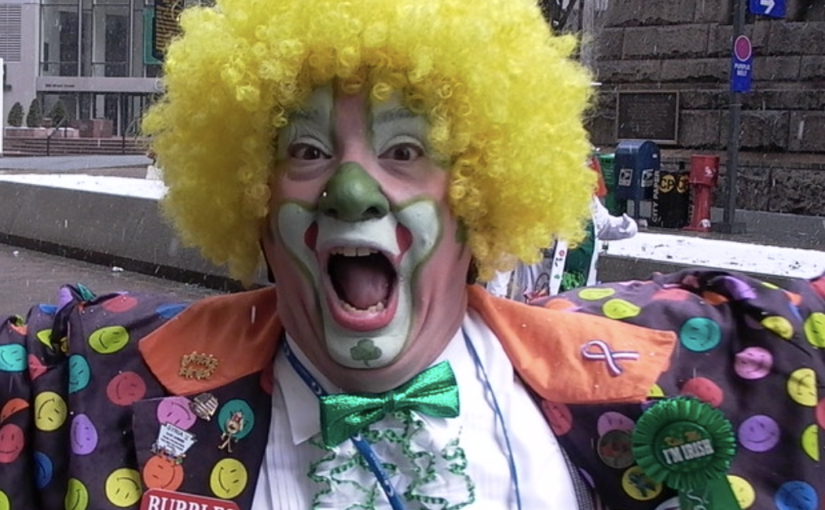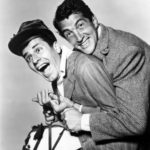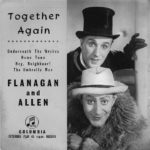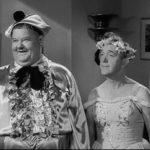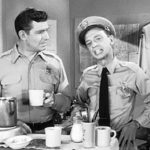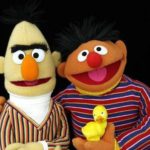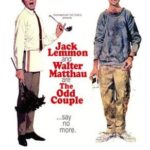
Whether it’s an Episode of Saturday Night Live, a late night tv host monologue, a webisode, or humor website, one of the many uses of humor one is to prove a point. People who find themselves funny may often aspire to more elevated forms of comedy:
Satire, wit, or something that seems noble.
If not fully noble, then at least something useful for creating meaningful change.
And if not that, then a comic may just try for old fashion notoriety. But, plenty of people simply settle for infamy.
Cuss words, crude jokes, and whatnot. But, in an effort to avoid thorough banlality the aim might be satire.
In the dearth of well-formed, well-put, well-placed, and well-timed, first-rate satire, many hope their wild comedic jabs will do the trick. They don’t.
True and artful satire is really rare; just like true brilliance is rare.
sat•ire (sătˈīrˌ)
►
-
n.
A literary work in which human vice or folly is attacked through irony, derision, or wit.
-
n.
The branch of literature constituting such works. See Synonyms at caricature.
-
n.
Irony, sarcasm, or caustic wit used to attack or expose folly, vice, or stupidity.
On Satire
Besides that, the difference between satirical prowess and just being mean is more of a fine line. One that rests in the subjective ear of the hearer. Vary the audience and you have a flop. Get it right and you can have an impeachment.
I asked my friend Doug to elucidate us on some of the finer points of comic relief.
If any one put this sort of thing on the map, it was Shakespeare.
(Not Billy Crystall, Whoopi Goldberg, and Robin Williams…which was a fund raising thing.)
Either way, I’m soon out of my depth.
• So, what’s the point of (Shakespearean) COMIC RELIEF?
• How does it work, or not work.
• Does it work now?
A modern audience of non-English majors might not get Elizabethan wordplay…a lot of the problem is that people begin with the general idea that this is serious literature and therefore one is not supposed to laugh.
Not true. Sometimes it gets lost in translation.
While many think of comic relief as a literary ploy to give the audience a break from the latest dramatic event (a murder, beheading, or suicide etc), there is more to it.
For starters, says Doug, take the Fool in “King Lear.”
Cambridge poet and scholar Malcolm Guite asserts that, “Shakespeare, with a true understanding of the cross, always puts his greatest wisdom in the mouths of his fools.”
Throughout the early parts of the play the little fellow offers repeated jabs at Lear’s stupidity in attempting to step down from his throne but retain his power.
The idea of “royal retirement” amuses the Fool. Like a standup comedian with no “off” switch, he shoots out one-liners until several different people threaten to have him beaten.
He’s funny. He’s even funny in the howling storm when Lear begins to lose his mind and Edgar pretends to lose his and we do indeed need a break. But the humorous bait conceals a serious barb, both for the characters and the audience. The fool sees what the wise men miss.
Drawing on the common usage of court jester in that day, Shakespeare can deliver a message of great import.
Shakespeare here draws on the origins of the trade. Wealthy people in the medieval world sometimes kept mentally impaired people around because their antics amused their betters.
They could say or do anything and get away with it, basically, on the insanity defense.
Eventually a few very clever people figured out that such a role would allow them to engage in serious political critique without the usual inconveniences of getting exiled or sent to the Tower of London.
The Fool is such a double-dealer, offering a needed message disguised as “mere” comic relief.
Just as it happens today, comedy and the use of humor serves many purposes. Entertainment may be the first one, but a lot more may happen in the process.
In excavating the sites of Elizabethan theaters, archaeologists have found the shattered remains of pottery boxes into which theater patrons would drop their admission fee.
At the end of the night the company would smash the container – like a kid breaking his piggy-bank – and divvy up the night’s take. (This, by the way, is the origin of the term “box office.”)
This little factoid is a reminder that Shakespeare did not so much write for the ages as for the commercial stage. As a professional playwright he had to produce shows that people would pay to see.
His diverse audience wanted action, politics, poetry, and, yes, humor. But with each of these elements he did more than met the eye. His “comic relief” is like drinking sea water: It briefly relieves our thirst for wholeness only in order to make us crave the real thing even more.
It would seem that comic relief still has its place. Jokers ARE wild.
But, whether a comic gives the challenge due diligence is another question.
What’s been your favorite bit of satire, recently?
I hope you’re enjoying this series.
ox
-Lisa
Here are the other related articles.
1. (humor at birth)
2. (Humor studies: Step 1-Tickle Rats)
3. (On comedic distance-funny to whom?)
For the latest info on my humor related projects sign up here.


